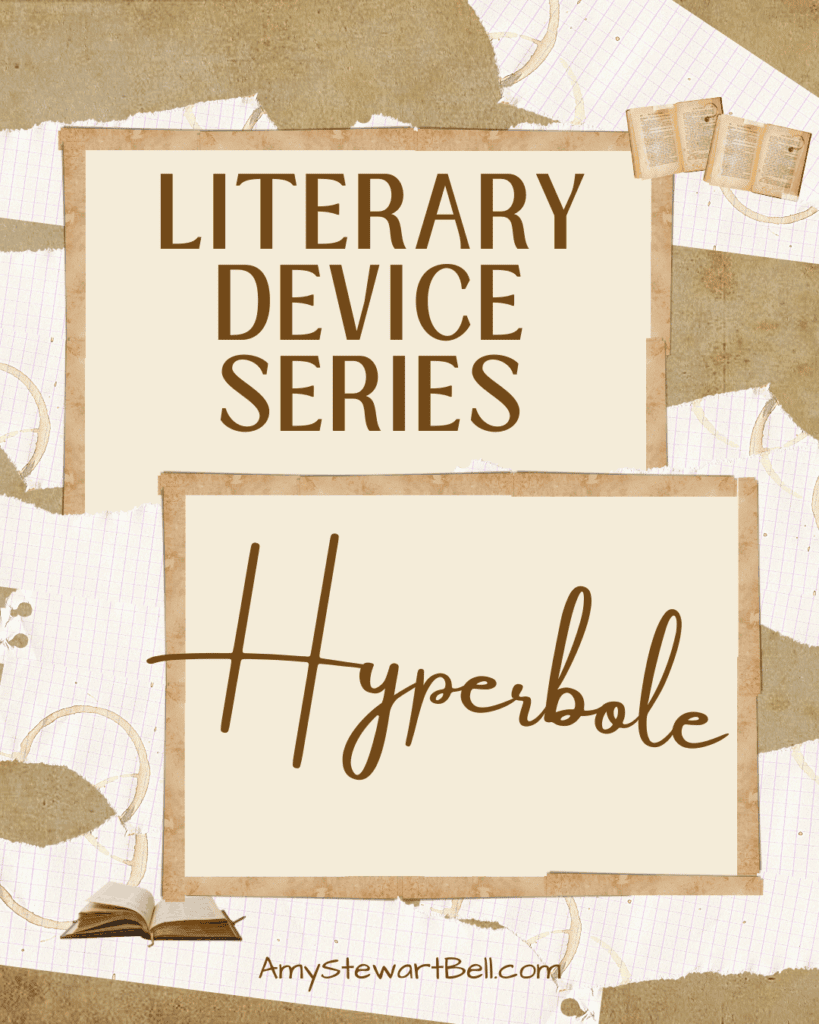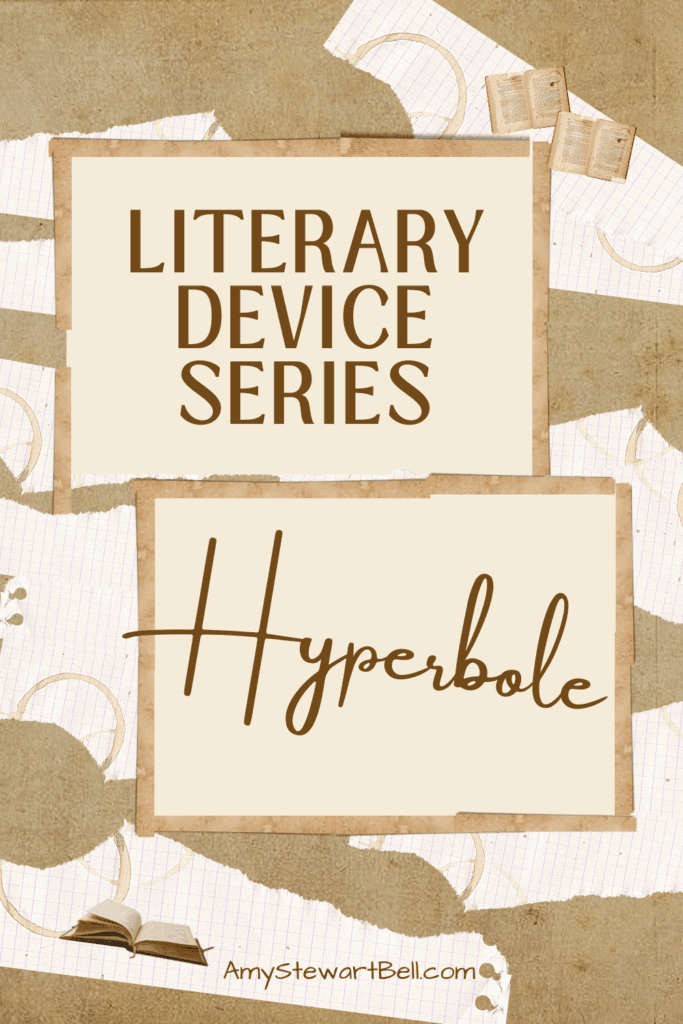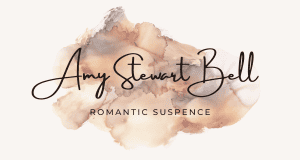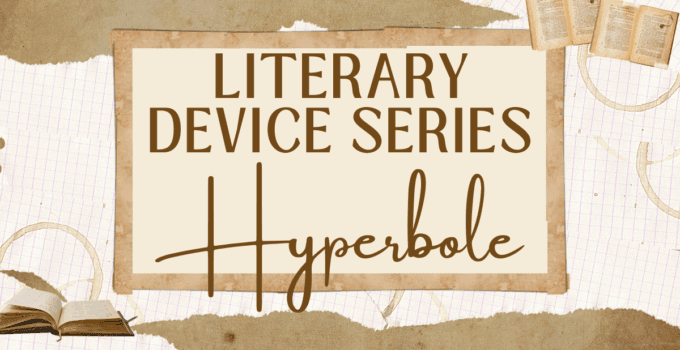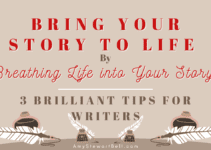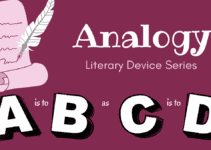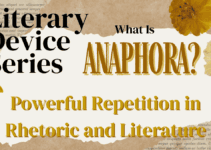“I’ve told you a million times!” Of course, no one’s really said something a million times—but that’s the beauty of hyperbole.
Hyperbole is one of the most expressive and entertaining literary devices out there. Writers and speakers use it to emphasize emotion, make a point, or just add some over-the-top flair. In this post, we’ll explore what hyperbole is, how it works, and how you can use it effectively in your writing.
💥 What Is Hyperbole?
Hyperbole is a figure of speech that uses extreme exaggeration to create emphasis or effect. It’s not meant to be taken literally—instead, it helps express strong feelings or highlight the intensity of a situation.
Think of it as turning the volume all the way up on your words.
🎯 Why Use Hyperbole?
Hyperbole grabs attention and creates impact. Writers use it to:
- 😂 Add humor
- 😱 Express intense emotion
- ✨ Create a dramatic tone
- 🗣️ Emphasize a point
- 🤹 Make dialogue feel more natural or entertaining
You’ll find it everywhere—from everyday conversation to classic literature to modern marketing.
🔍 Examples of Hyperbole in Action
📚 1. Everyday Language
“I’m so hungry I could eat a horse.”
Clearly, no one’s about to devour a horse. This common phrase emphasizes how hungry someone feels, not a literal intention.
✍️ 2. Literature: William Blake
“I’d walk through fire for you.”
This dramatic declaration of loyalty and love is a textbook hyperbole. It’s not about fire—it’s about how far the character is willing to go.
🎬 3. Pop Culture: TV & Film
“This bag weighs a ton!”
Whether it’s a character on a sitcom or a parent hauling groceries, this exaggeration paints a clear picture of exhaustion.
📣 4. Advertising
“The best coffee in the universe!”
Marketers love hyperbole. It adds excitement and helps a product stand out, even if the claim isn’t meant to be taken literally.
✍️ Tips for Using Hyperbole in Your Writing
Want to exaggerate like a pro? Try these tips:
- 🔥 Match the emotion – Use hyperbole to reflect the intensity of the moment. Don’t force it where it doesn’t fit.
- 🎭 Keep it believable-ish – Readers know it’s not literal, but it should still feel emotionally true.
- 🧃 Use sparingly – Too much hyperbole can feel cheesy or lose impact. Save it for moments that matter.
- 🧠 Know your tone – Hyperbole works best in dramatic, humorous, or conversational writing.
🧵 Final Thoughts
Hyperbole is a storytelling spice—just a dash can make your writing more vivid, emotional, and memorable. Whether you’re crafting dialogue, creating punchy descriptions, or writing persuasive copy, a little exaggeration goes a long way.
So next time you’re tempted to say, “I’m dying of boredom,” go for it—just remember, you’re not alone. Writers have been exaggerating their way into readers’ hearts for centuries.
Love learning about literary devices?
Subscribe to the blog and explore more ways to elevate your writing. Bold ideas, vivid language, and creative power—all in one place. ✍️💡📚
If you enjoy learning more about writing, be sure to join our community! We will be adding a deep dive on each of the literary devices which are so important in writing and in understanding the nuances in literature.
LET’S CONNECT!
There are many ways to connect with Amy Stewart Bell. We would love to know what you think and any of the topics we offer. We welcome your comments and want to interact with you!
If you haven’t yet, grab your copies of Once Captured, Uncharted Captivity, and The Captive Mind.
You can also connect in other areas. Join us on Instagram @AmyWritesAll, on X @AmyWritesAll, and on Facebook @AmyWritesAll.
Be sure to join our community as well; you will get even more inside info!
